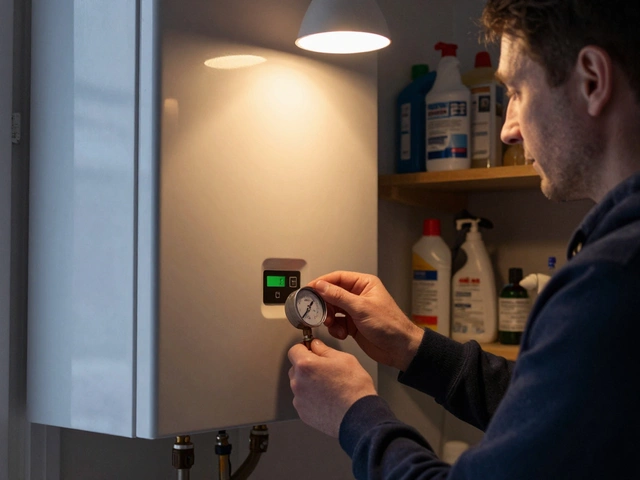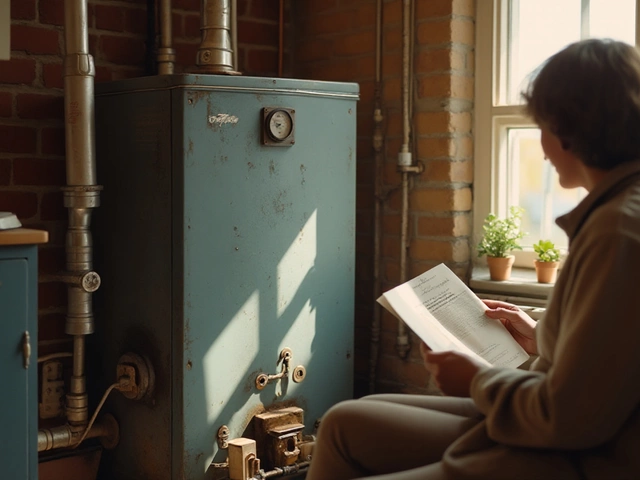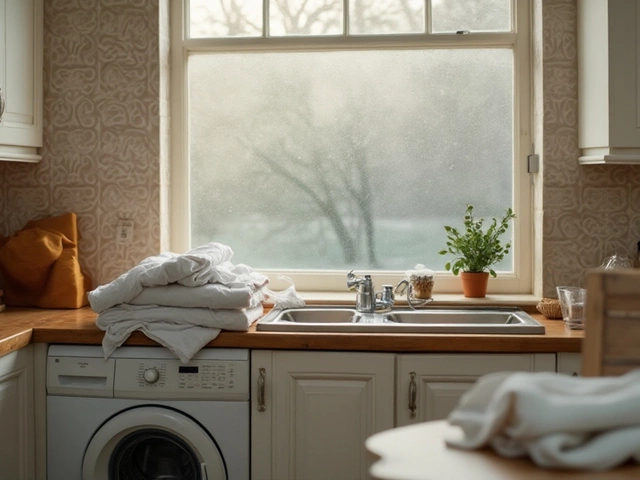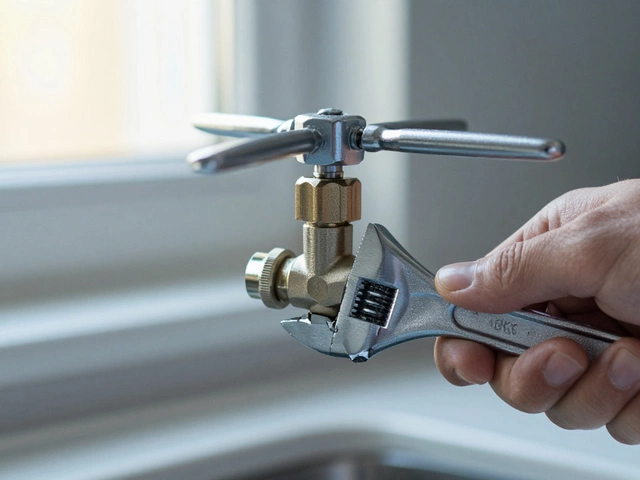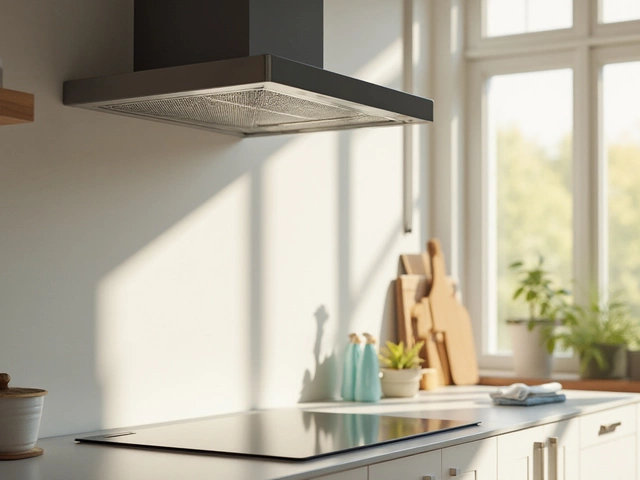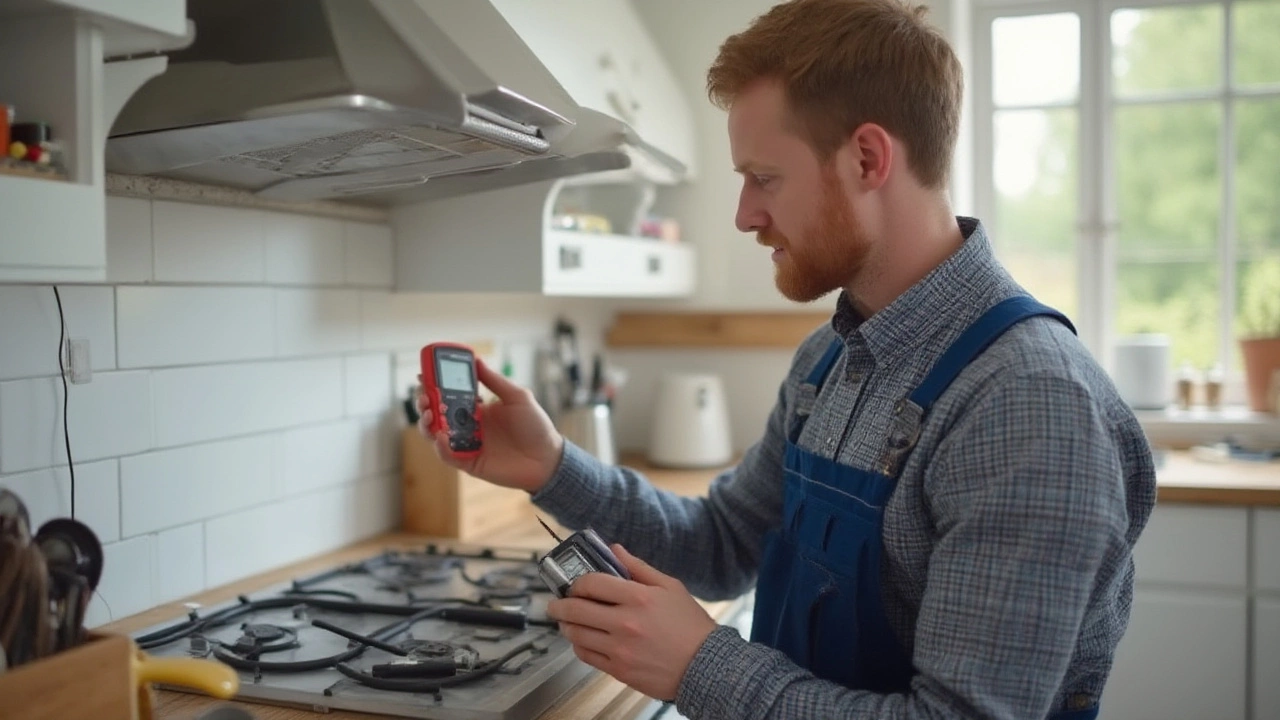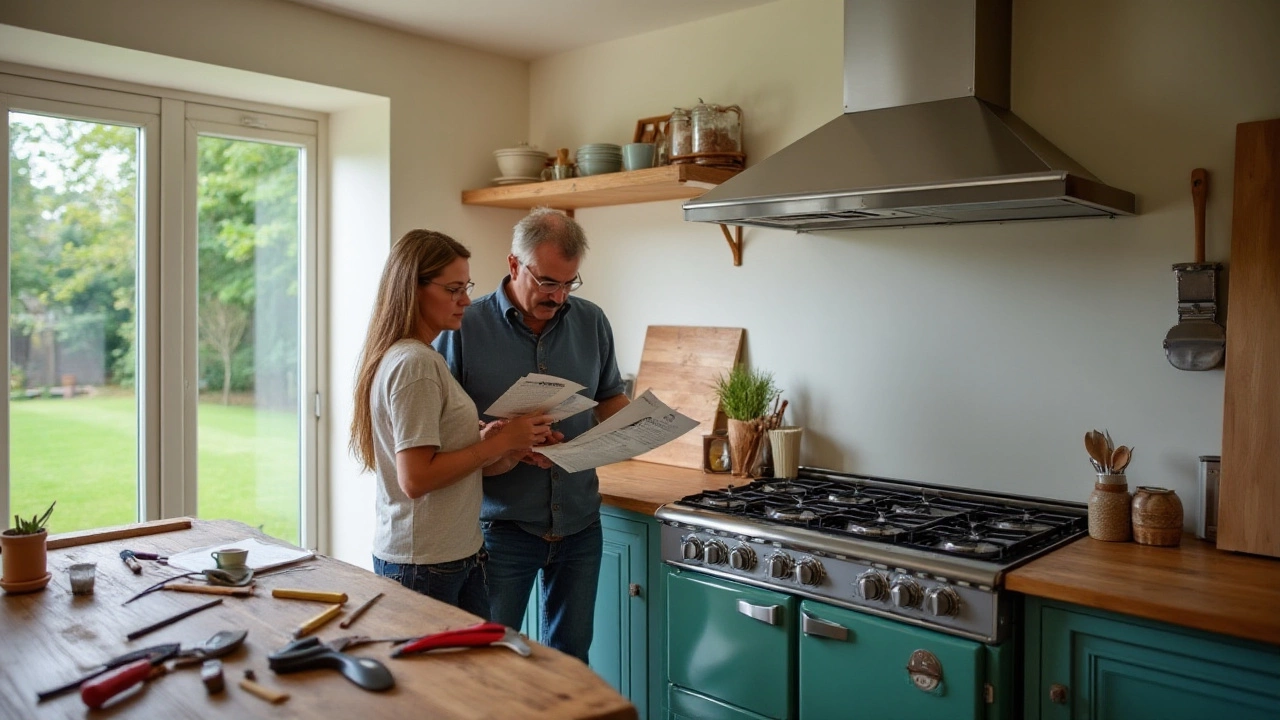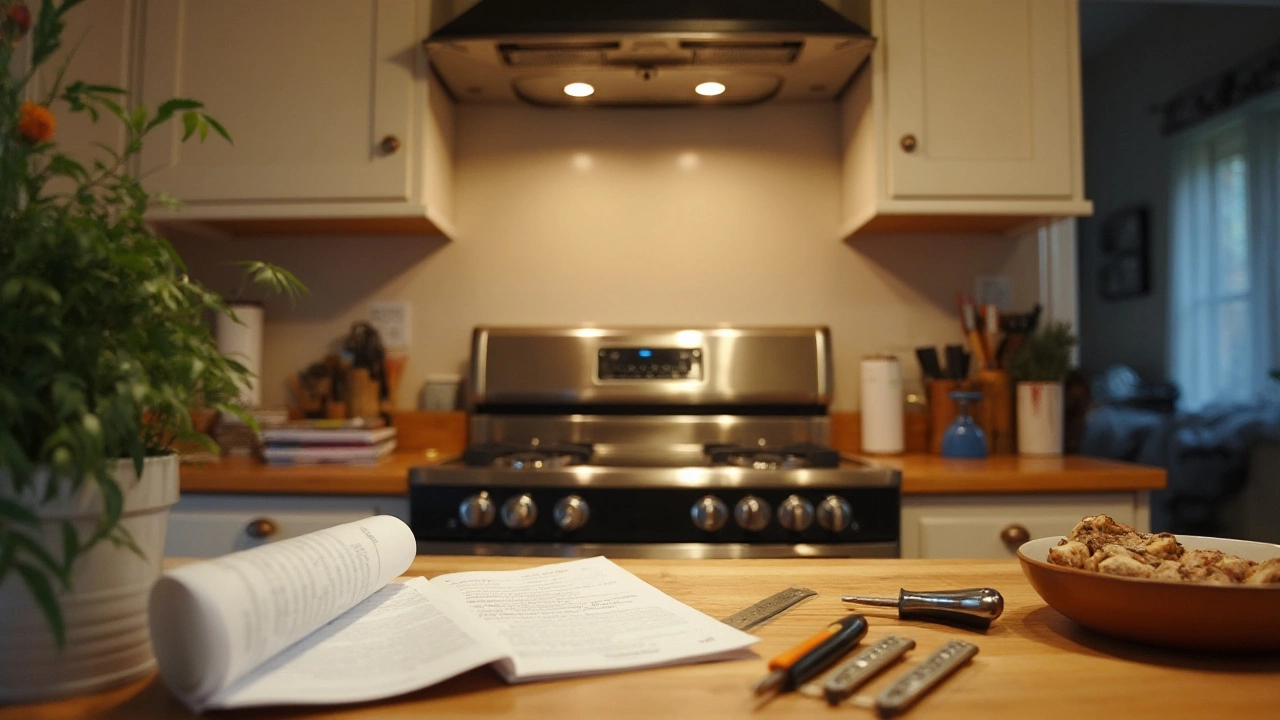Home Ventilation: Keep Your House Fresh and Safe
Good ventilation does more than stop the kitchen from smelling like yesterday’s curry. It controls humidity, stops mould, and helps heating and cooling work efficiently. Whether you’re dealing with a noisy extractor fan or a bathroom that feels like a sauna, the right approach can save you money and headaches.
Why Good Ventilation Matters
When air can’t move, moisture builds up. That’s the perfect recipe for mould, which can damage walls and affect health. A well‑ventilated home also clears out indoor pollutants – cooking fumes, cleaning chemicals, and even pet dander. On top of that, fresh air helps your boiler and heat pump run smoother because they don’t have to work against stale, damp air.
Most UK homes rely on extractor fans in the kitchen and bathroom to push out damp air. If those fans are under‑performing, you’ll notice condensation on windows, a lingering musty smell, or a louder fan trying to do the same job. Those are clear signs it’s time to check and possibly repair the fan.
Maintaining Your Extractor Fans
Cleaning the fan is the first step. Turn off the power, remove the cover, and vacuum away dust and grime. A quick wipe with a damp cloth on the blades can restore airflow. If the fan still sounds weak, the motor may need lubrication or a replacement.
Most modern fans have a built‑in safety switch that trips when the motor overheats. Reset the switch and run the fan for a few minutes. If it trips again, the motor is likely failing. In that case, swapping the motor is usually cheaper than replacing the whole unit.
When you buy a new fan, match the airflow rating (measured in m³/h) to the room size. A kitchen with a large hob needs a higher rating than a small bathroom. Look for fans with a quiet rating (sone) under 1.5 if noise is a concern.
Regular maintenance keeps the fan quiet and efficient. Set a reminder to clean the fan every six months, and check the wiring for signs of wear. Loose wires can cause sparking, which is a fire risk.
If you’re not comfortable with electrical work, call a qualified technician. Trying to fix a faulty wiring issue yourself can be dangerous, and a pro will also test the fan’s performance with a flow meter.
Beyond fans, consider whole‑house ventilation solutions like a heat‑recovery ventilator (HRV). An HRV pulls fresh air in, extracts stale air, and recovers heat, which can lower energy bills. It’s a bigger investment, but for larger homes or those with high humidity, the payoff can be worth it.
In short, keep your extractor fans clean, listen for odd noises, and replace motors before they give out. Pair that with occasional checks on your home’s overall airflow, and you’ll enjoy a healthier, more comfortable living space.
